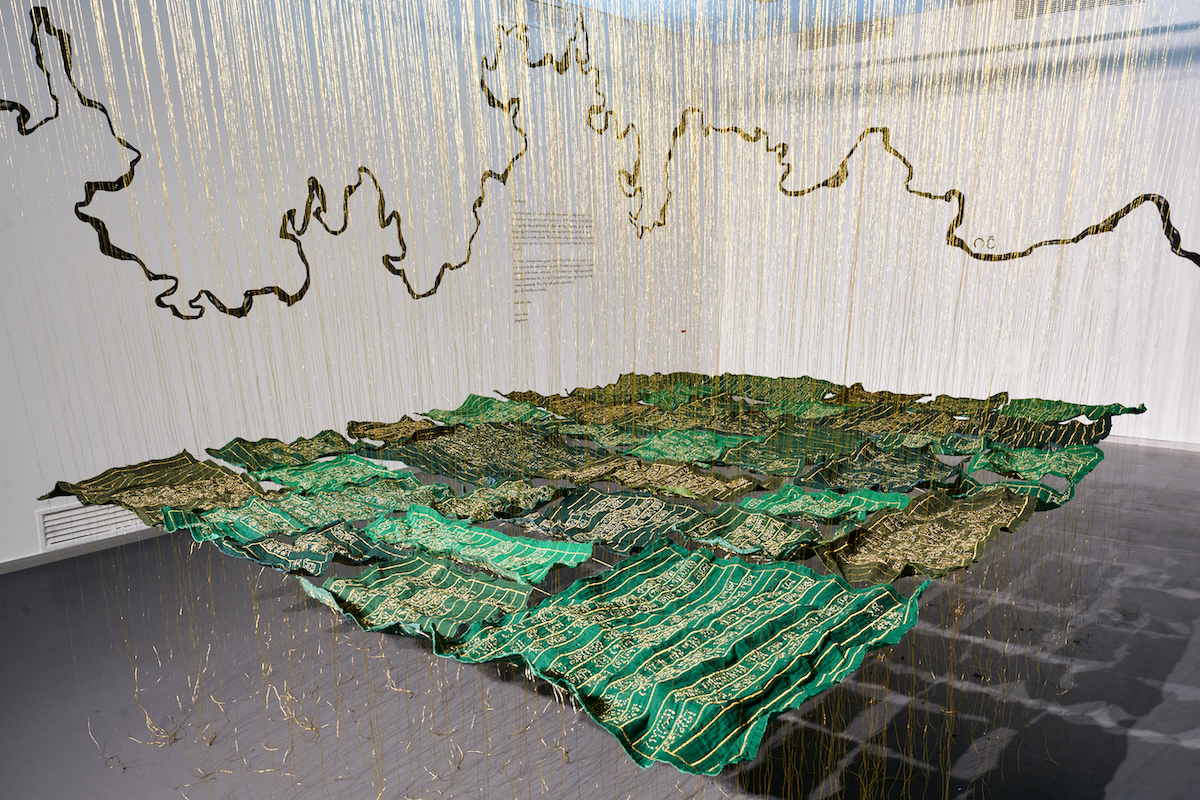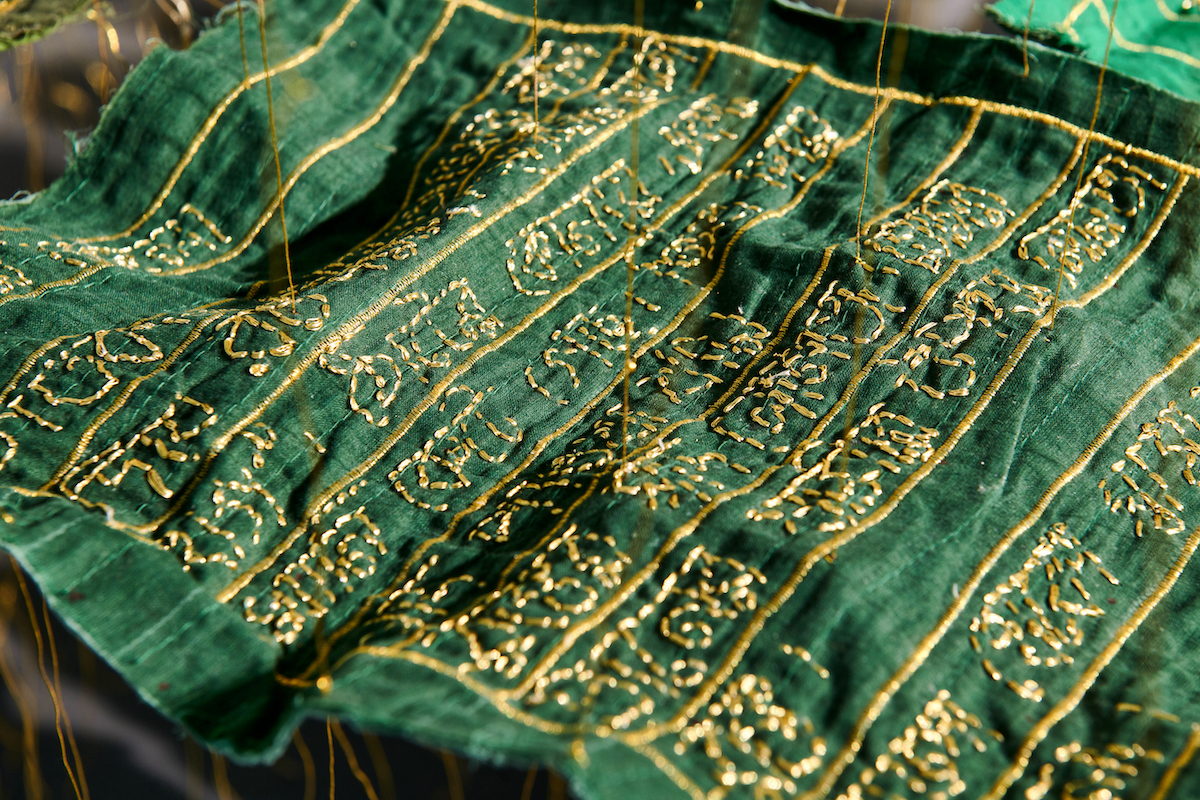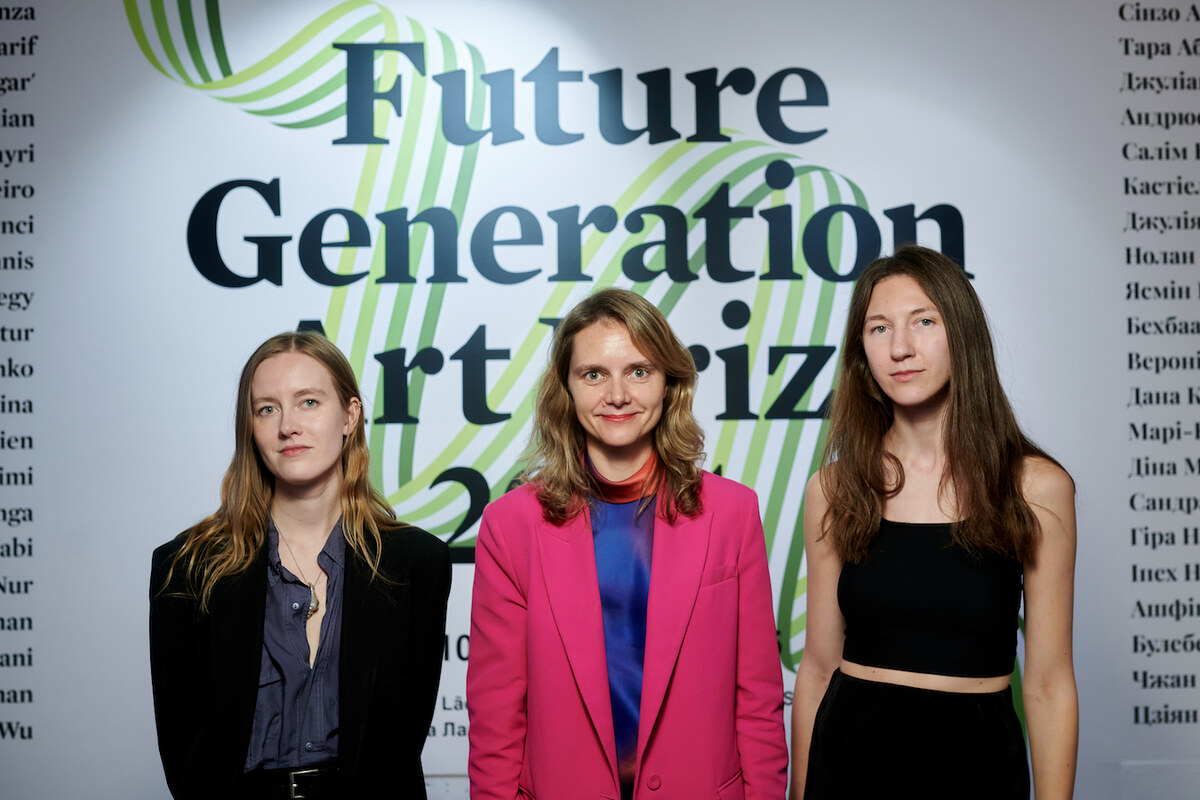DUBAI: The Future Generation Art Prize, one of the art world’s most prestigious prizes initiated in Ukraine in 2009, has announced its 2024 winners. Among the recipients are multidisciplinary artists who are associated with the Arab world.
The main $100,000 prize was granted to Dhaka-based artist, Ashfika Rahman. Other “Special Prize” winners include Iraqi-Kurdish artist, Tara Abdullah Mohammed Sharif, Palestinian artist Dina Mimi, Pakistani artist Hira Nabi, Indonesian-born artist Ipeh Nur, and Zhang Xu Zhan, who was born in Taiwan.
Special Prize winners will share a $20,000 pot between them to support the development of their projects.

Ashfika Rahman. (Supplied)
The prize’s 21 shortlisted artists are displaying their works at the PinchukArtCenter in Kyiv until Jan. 19, 2025 amid a recovering domestic art scene following the Russian invasion of Ukraine in 2022.
“A lot of artists are still actively present. Obviously, many artists in the beginning of the war have escaped but many also stayed,” artistic director of PinchukArtCenter and jury member, Björn Geldhof, told Arab News. “What is important is that from the very start of the war, artists were looking for ways to engage, and when I say ‘engage’, I don’t only mean through art, but how can they be functional in a situation like this? How can they serve their country?”

Ashfika Rahman. (Supplied)
The prize’s participants this year are exploring a thoughtful range of topics, expressed through immersive installations. According to a press release, what is “recurring through the exhibition is the exploration of local histories and mythologies to overcome historical trauma and the long-lasting effects of wars, as well as the process of liberation from the oppression of colonial influence.”
What sets the Future Generation Art Prize apart from others in the field is its focus on championing up-and-coming artists who are 35 years old or younger from around the world.

The curators of the exhibition. (Supplied)
One of the main issues facing emerging artists is a lack of access to curators, galleries and museum professionals to help boost their careers and encourage their artistic practice, according to Geldhof.
“We want to really speak to an emerging generation with the strong belief that they kind of imagine the future,” he said. “They are dealing with concerns differently than the middle generation, so to speak. . . They imagine, in a very different way, how the world can look like.”




















